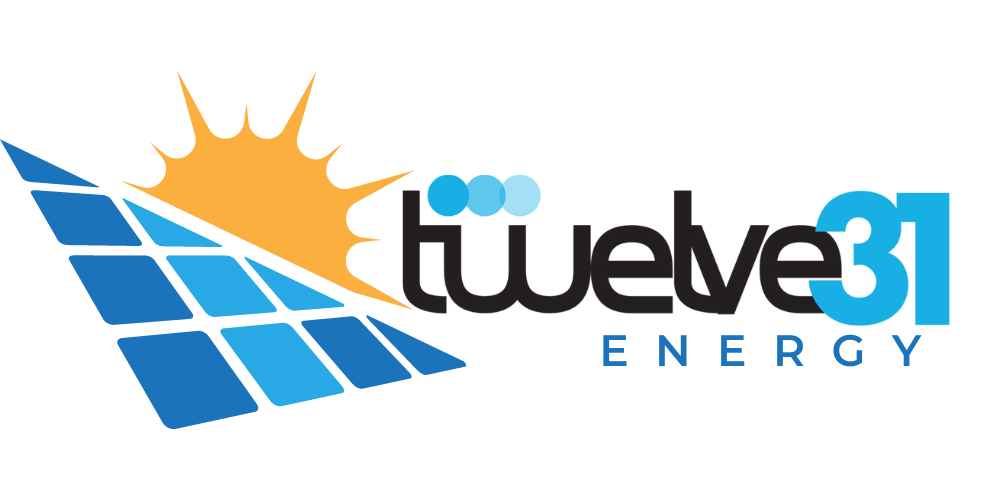In August 2022, a groundbreaking piece of legislation was passed in the United States: the Inflation Reduction Act (IRA). This act, seen as one of the most ambitious climate packages in recent history, commits close to $369 billion towards enhancing the nation’s energy security and addressing the pressing issue of climate change. Twelve31 Energy is eager to explore what this means for the renewable energy landscape, consumers, and businesses.
A Bold Step Towards Reducing Greenhouse Gas Emissions
The IRA sets a formidable target: reducing greenhouse gas emissions by about 40% below 2005 levels by 2030. This will be achieved through a series of direct incentives and rebates focused on renewable energy, energy efficiency, and electric appliances, marking a significant move towards a decarbonized grid.
Residential Solar: Empowering Homeowners
One of the IRA’s highlights is the extension and expansion of the federal tax credit for residential solar installations. This extension, until 2035, allows homeowners to claim a 30% tax credit on their solar system costs, reducing to 26% in 2033 and 22% in 2034. This provision makes solar energy more accessible and affordable for American households.
Commercial Solar: Incentives for Business Growth
Commercial solar projects also benefit from an increased tax credit of 30%. This credit is available until 2025, with potential additional credits for projects that meet specific criteria, such as utilizing domestic products or aiding low-income communities. This could increase the tax credit to as much as 60% for qualifying projects, providing a significant boost to businesses investing in solar energy.
Nonprofit and Government Solar Incentives
With the IRA, nonprofits and government agencies, which are typically tax-exempt, can now benefit from a direct pay provision for solar investments. This provision makes solar energy more feasible and financially attractive for these organizations, allowing them to participate more actively in the renewable energy transition.
Revolutionizing Battery Storage
The IRA also updates the eligibility criteria for battery storage systems. Systems over 3 kWh are eligible for the tax credit even if they are not paired with a solar energy system. For commercial storage projects over 5 kWh, similar incentives apply, bolstering the role of battery storage in energy solutions.
Enhanced Tax Credits for Electric Vehicles (EVs)
The IRA introduces updated tax credits for EVs, with a full $7,500 credit for EVs meeting specific critical mineral criteria. There’s also a new $4,000 tax credit for purchasing used EVs, further encouraging the shift to electric transportation.
Conclusion
The passage of the Inflation Reduction Act in August 2022 is a pivotal moment for renewable energy in the United States. For Twelve31 Energy, this Act opens new avenues in solar energy, battery storage, and EV infrastructure. We are poised to leverage these changes, providing innovative solutions in line with our commitment to a sustainable, energy-efficient future. As we adapt to these new opportunities, we continue to support our customers and partners in navigating this exciting era in renewable energy.


